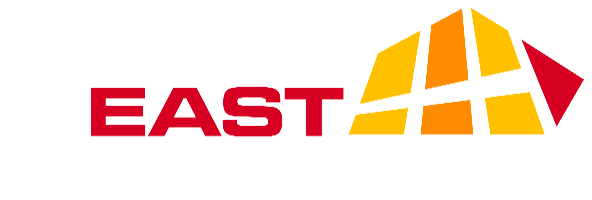More and more Buyers are utilizing an SBA loan to purchase and finance their commercial real estate purchase. An SBA (Small Business Administration) loan is a type of government-backed loan designed to help small businesses obtain financing, often with favorable terms, that might not be available through traditional lending channels. When it comes to commercial real estate, an SBA loan can be a powerful tool for small business owners looking to purchase, renovate, or refinance commercial property. Contact Jon Whitcomb or Scott Kragness if you have interest in obtaining SBA financing we have resources to assist in purchasing and financing of real estate. Here’s a breakdown of how SBA loans work in the context of commercial real estate:
Types of SBA Loans for Commercial Real Estate
- SBA 7(a) Loan:
- The SBA 7(a) loan is the most common type and can be used for a variety of business purposes, including the purchase or refinancing of commercial real estate.
- Loan Amount: Up to $5 million.
- Terms: Up to 25 years for real estate.
- Generally variable Interest Rates, tied to the prime rate plus a margin.
- SBA 504 Loan:
- Specifically designed for real estate and large equipment purchases.
- Combines a loan from a Certified Development Company (CDC) with a traditional bank loan.
- Loan Amount: Up to $5.5 million from the SBA portion, with additional funding from the bank.
- Terms: Typically 10, 20, or 25 years.
- Fixed Interest Rates for the SBA portion, generally favorable.
Eligibility
- Must qualify as a small business under SBA guidelines.
- For existing buildings, the buyer’s business must occupy at least 51% of the property. For new construction, the business must occupy at least 60%.
- The business and its owners must have a good credit history and a solid business plan.
- The property must be used for business purposes.
Benefits of SBA Loans for Commercial Real Estate
- Lower Down Payment – Typically as low as 10%, which is lower than traditional commercial real estate loans.
- Longer Repayment Terms – Up to 25 years, which can help lower monthly payments.
- Fixed Interest Rates – Particularly with the SBA 504 loan, helping to provide predictability in payments.
- No Balloon Payments – Unlike some traditional commercial loans, SBA loans generally do not require balloon payments.
Application Process
- Gather necessary documents, including a business plan, financial statements, and property details in preparation to apply.
- Work with an SBA-approved lender who will submit your loan application to the SBA.
- To obtain approval, the lender and SBA will review the application, which can take several weeks to months depending on the complexity of the loan.
- Once approved, funds are disbursed, and you can proceed with your real estate closing.
Drawbacks
- Strict Eligibility Requirements, not all businesses will qualify.
- The application and approval process can be lengthy.
- SBA loans often come with fees, including guarantee fees, which can add to the cost of borrowing.
Ways to Utilize an SBA Loan
- Purchasing an office building, warehouse, or retail space.
- Refinancing an existing commercial mortgage to secure better terms.
- Renovating or expanding an existing business property.
An SBA loan can be an excellent option for small business owners looking to invest in commercial real estate due to its favorable terms and lower down payment requirements. However, it’s important to carefully consider the eligibility requirements and potential drawbacks before proceeding. Working with an experienced lender who understands the SBA process can greatly improve the chances of a successful application. Interested in learning more? Metro East has many resources to assist you in your commercial real estate purchase.
